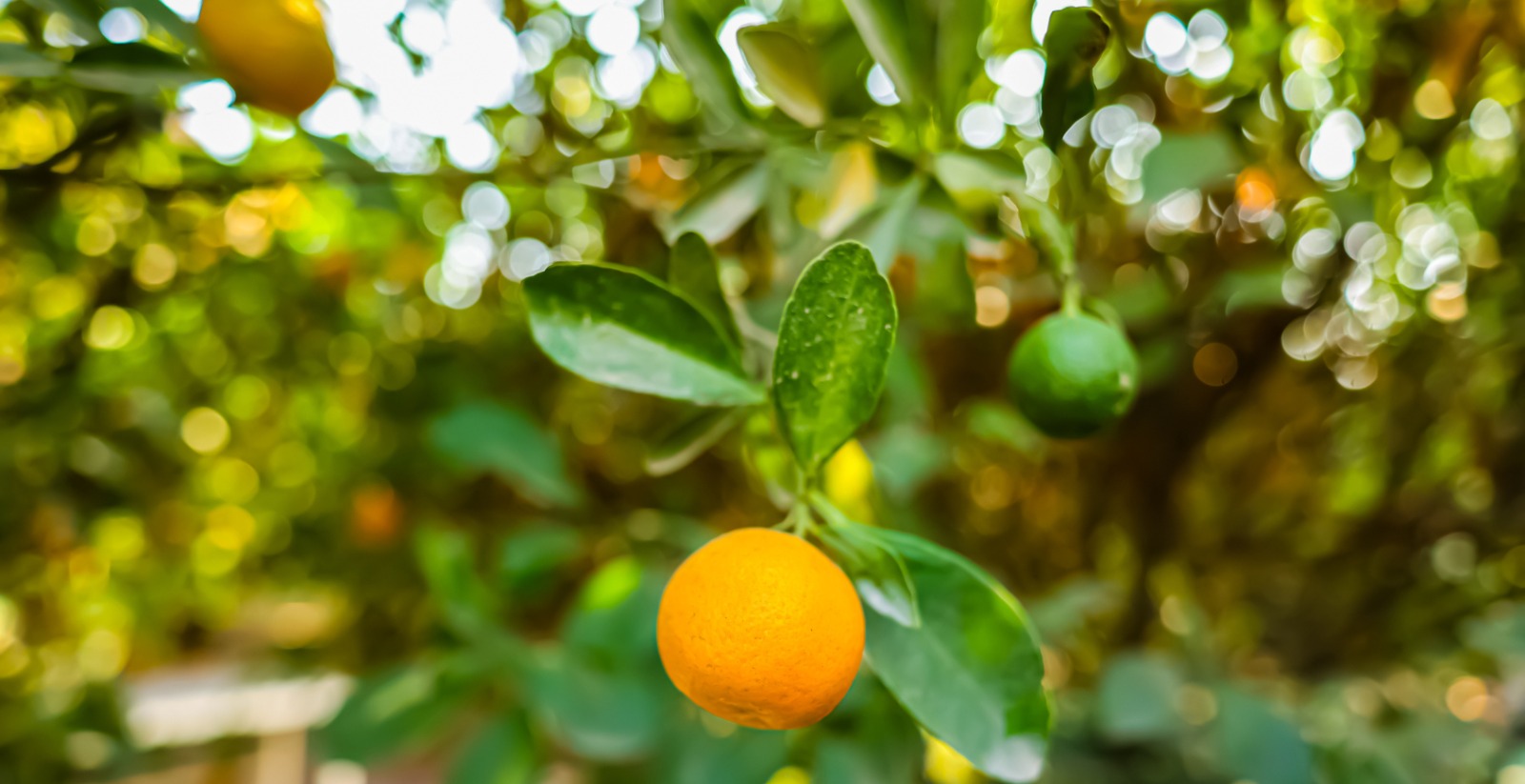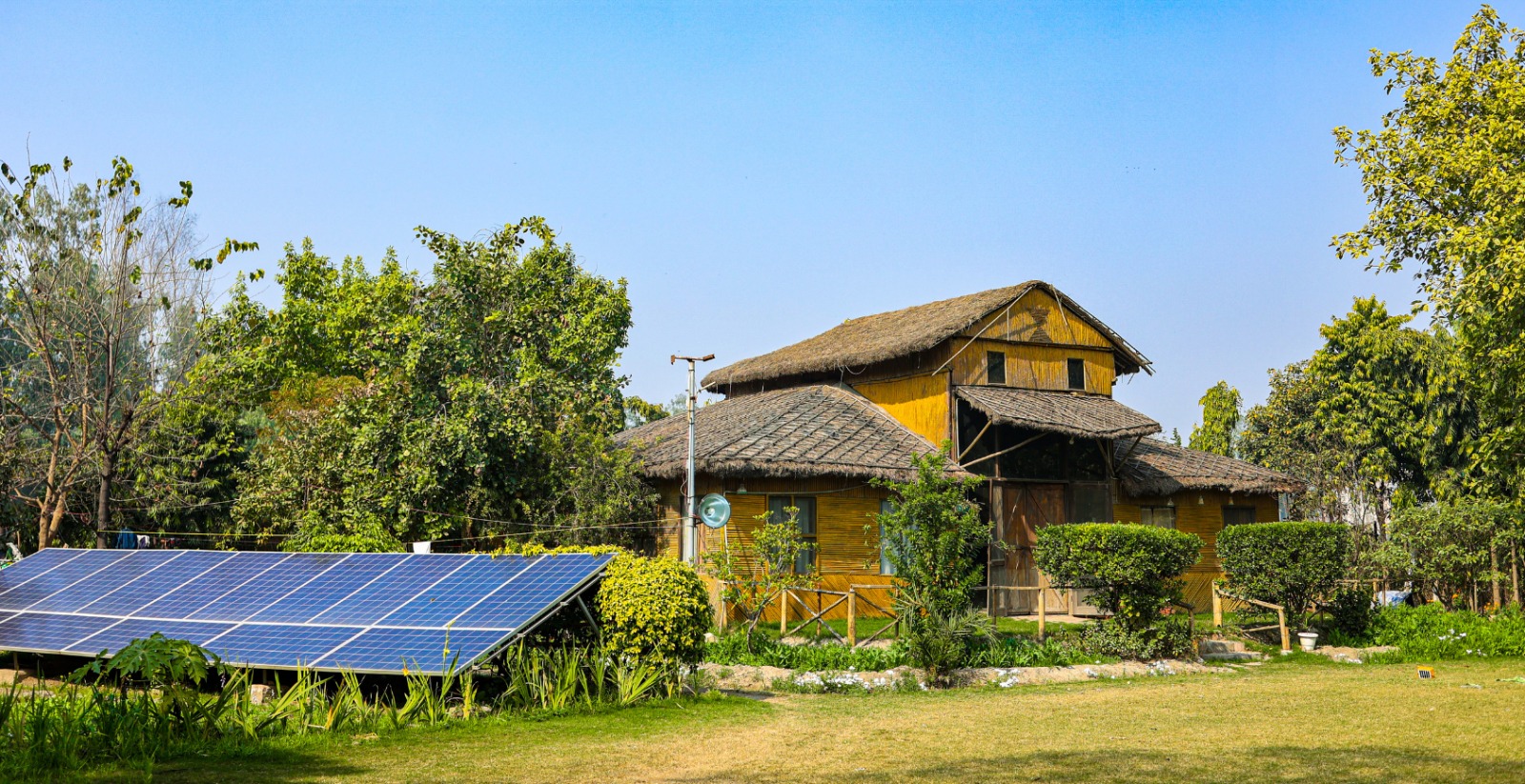Are You Really in Control of What’s on Your Plate?
You think you’re eating clean because you’re cooking at home. That’s better than ordering takeout, sure — but is it enough?
What about the soil your vegetables grew in? The water that irrigated your wheat? The milk that came from a cow fed on hormones? From the “organic” tomatoes in your salad to the turmeric in your golden latte — nothing is truly untouched.
Welcome to the food paradox of 2025, where the illusion of control is the biggest risk on your plate.
The truth? Food safety in India is broken — not at the point of consumption, but at every stage before it reaches your kitchen. Air, water, soil, transport, storage — each step adds a layer of contamination we never see. So when we say “eat healthy,” what are we really talking about?
And let’s be clear — even “organic” isn’t the hero we wish it was. Labels don’t grow food — people do. And systems, not intentions, determine purity.
So what’s the way forward? Can we ever ensure nutrition security in a world where everything is compromised?
Before you take your next bite of that “healthy” tamatar-kheera sandwich — pause. This blog might just change the way you look at your food forever.
Table of Contents
Toggle🧪 Food Safety in India: 10 Commonly Adulterated Foods (And What’s Wrong With Them)
1. Green Vegetables (Spinach, Coriander, Methi)
🧨 Often laced with malachite green dye to appear fresher
❌ Toxic and banned — can cause cancer and organ damage
Green leafy vegetables like spinach, coriander, and methi are staples in Indian diets. Unfortunately, some vendors add malachite green, a synthetic dye, to make the leaves look fresh. This banned chemical is a direct food safety concern due to its carcinogenic properties, and long-term consumption can lead to liver damage, kidney problems, and developmental issues.
2. Tomatoes
🍅 Ripened unnaturally using ethylene powder or carbide
❌ May affect the liver and kidneys, and lead to a hormonal imbalance
Tomatoes are often artificially ripened using chemicals to shorten delivery times. Carbide and synthetic ethylene can leave residues that affect liver and kidney function and disrupt hormones. Growing terrace-garden tomatoes is one of the simplest ways to improve food safety in your home.
🌶️ Mixed with brick powder, yellow lead salts
❌ Neurotoxic, especially harmful for children
Spices like chili and turmeric are sometimes adulterated to enhance color or weight. Lead compounds and brick dust can damage the nervous system and impair cognitive development. This shows how everyday kitchen staples can become a food safety risk unless sourced organically.
🥛 Diluted with water, detergent, or synthetic milk
❌ Causes acidity, digestion issues, and potential toxicity
Milk adulteration remains a major food safety issue in India. Dilution with water and chemical additives compromises nutrition and can cause gastrointestinal problems. Opt for farm-fresh or verified organic milk to ensure food safety and protect family health.
🍵 Colored using iron filings or graphite powder
❌ Chronic exposure may damage internal organs
Some tea leaves are adulterated to enhance colour, which can introduce heavy metals. Long-term consumption of these teas can harm the liver and kidneys, raising serious food safety challenges. Organic, certified teas are recommended.
🧂 Mixed with white powdered stones
❌ Harms kidneys and increases risk of gallstones
Adulterated salt may contain powdered stones or other impurities to increase volume. Such practices compromise food safety standards and harm daily nutrition. Using certified chemical-free salt or preparing salt at home is safer.
🍌 Chemically ripened using calcium carbide
❌ Linked to respiratory and nervous system damage
Fruits are often artificially ripened with calcium carbide to appear ready for sale. Carbide exposure can cause respiratory issues, nervous system damage, and vitamin depletion, making this a serious food safety problem. Homegrown fruits or organic sources reduce these risks.
🧊 Made using non-potable or unfiltered water
❌ May carry bacteria and viruses, causing stomach infections
Street vendors often use untreated water to make ice, increasing the risk of infections. This highlights the lack of food safety practices in many street foods. Making ice at home from filtered water ensures safety.
🥒 Preserved using harmful synthetic colours and old oil
❌ Toxic to the liver and heart over time
Processed papad and pickles often contain synthetic dyes and reused oils, which can accumulate toxins affecting liver and heart health. Preparing them at home ensures authenticity and better food safety.
10. Wheat Flour (Atta)
🌾 Adulterated with chalk powder or starch
❌ Weakens bones and lowers immunity if consumed daily
Some flours are adulterated to bulk up weight, compromising nutrition. This makes adulteration a clear food safety risk. Using organic wheat or home-milled flour ensures nutrient retention and long-term health.
What Can You Do?
If these foods are part of your daily diet — as they are for most urban Indians — it’s time to take charge.
Terrace Farming = Your Food, Your Control
Grow your own leafy greens, tomatoes, herbs, and chillies
100% organic, pesticide-free, and fresh
Safe for kids, the elderly, and pets
Takes just 30–50 sq. ft. to begin at home or farmhouse
💬 Looking for More Than a Balcony Garden?
At Sportsland Activity Farms, families grow full-scale organic gardens right next to their homes — in the heart of Noida’s greenest gated farm community.
✅ Schedule a visit
✅ See real food growing on real land
✅ And start your chemical-free journey
If you enjoy reading articles like these and want more insights into healthy living, sustainable agriculture, and food safety, visit the Sportsland website for more information. Discover practical tips, learn terrace farming techniques, and start growing your own pesticide-free vegetables today!



